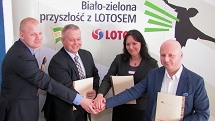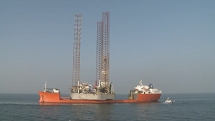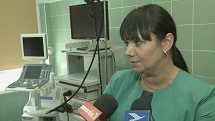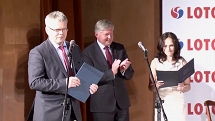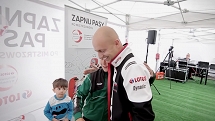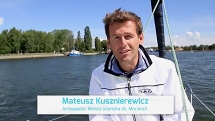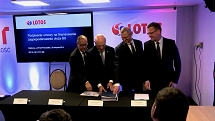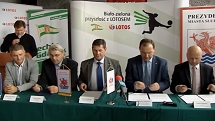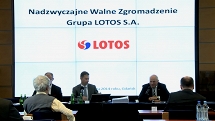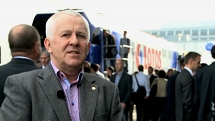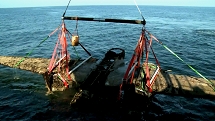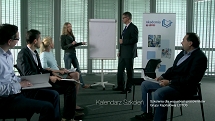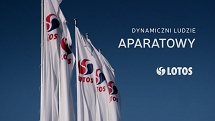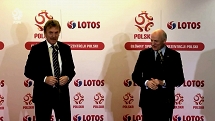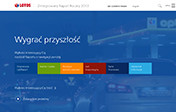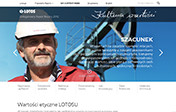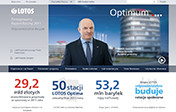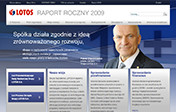-
Financial information
The past year ushered in a series of challenges for the companies in the fuel sector. The decisions made by us have demonstrated that we are able to take rapid steps to adapt to a demanding environment and ensure the desired profitability for our projects.
-
Segment performance
The segmental management model we have implemented enhances management efficiency, delivering cost and revenue synergies across the organization.
-
Letter from the Vice-President of the Board
2014 ushered in a series of challenges for the companies in the fuel sector. The decisions made by the LOTOS Group have demonstrated that we are able to take rapid steps to adapt to a demanding environment and ensure the desired profitability for our projects.
-
Business environment
The key factor that had a strong impact on both the global and Polish petroleum markets in 2014, with significant consequences for the LOTOS Group’s performance, was the price of crude oil, which also determined the price of petroleum products.
-
Strategic objectives
The LOTOS Group’s Strategy is designed to strengthen our position as a strong, innovative and efficient business which plays a major role in ensuring national energy security.
-
Business model
Our operations consist in crude oil production and processing, as well as wholesale and retail sale of petroleum products, among which are: fuels (unleaded gasoline, diesel oil and light fuel oil), heavy fuel oil, bitumens, aviation fuel, naphtha, propane-butane LPG and base oils.
-
Risk and opportunities
At the LOTOS Group, we identify a range of diverse risks, which may affect all areas of our business. The key risks in terms of their impact on our operations are the financial risks as well as risks affecting the exploration and production area. In the analysis of the risks, we also factor in issues related to sustainable development.
-
Key data 2014
With revenue of ca. PLN 28.5bn in 2014, we rank fourth in the group of 500 largest businesses in Poland.

Independence status of the Supervisory Board
The term ‘independent members of the supervisory board’ in reference to public companies was introduced in the ‘Code of Best Practice for WSE Listed Companies’, which is designed to foster transparency in listed companies.
In accordance with Rule 6, Section III of the Code, at least two supervisory board members should meet the independence criteria set out in Annex II to the Commission Recommendation of February 15th 2005 on the role of non-executive or supervisory directors of listed companies and on the committees of the (supervisory) board. In addition, a person who is an employee of the company, its subsidiary company or its associated company, or has an actual and significant relationship with any shareholder who has the right to exercise at least 5% of all votes at the general meeting, cannot be deemed to meet these independence criteria.
Therefore, independent members of the supervisory board are persons who are not linked in any way to the shareholders, the company or its employees, as such relations could potentially result in a conflict of interests.
According to the representations made for the purposes of the Grupa LOTOS Prospectus, approved by the Polish Financial Supervision Authority on November 7th 2014, and as at the date of the Prospectus, the following members of the Supervisory Board met the criteria of independence, within the meaning of Annex II to the Commission Recommendation of February 15th 2005 and Section III.6 of the Code of Best Practice: Wiesław Skwarko, Oskar Pawłowski, Małgorzata Hirszel, Michał Rumiński, and Magdalena Bohusz-Boguszewska.
The independence criteria within the meaning of the Act on Qualified Auditors were satisfied by: Wiesław Skwarko, Agnieszka Trzaskalska, Oskar Pawłowski, Małgorzata Hirszel, and Michał Rumiński.






